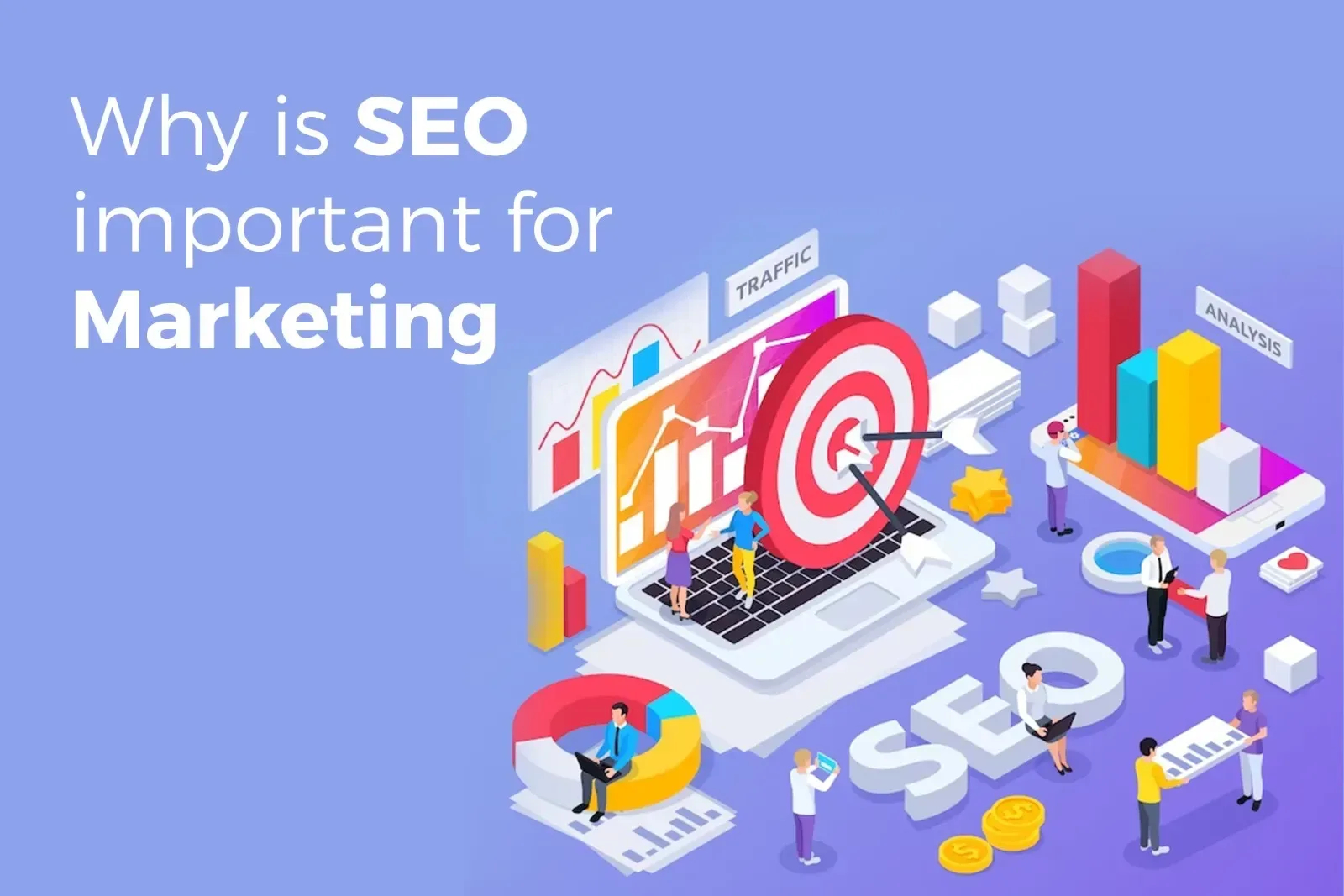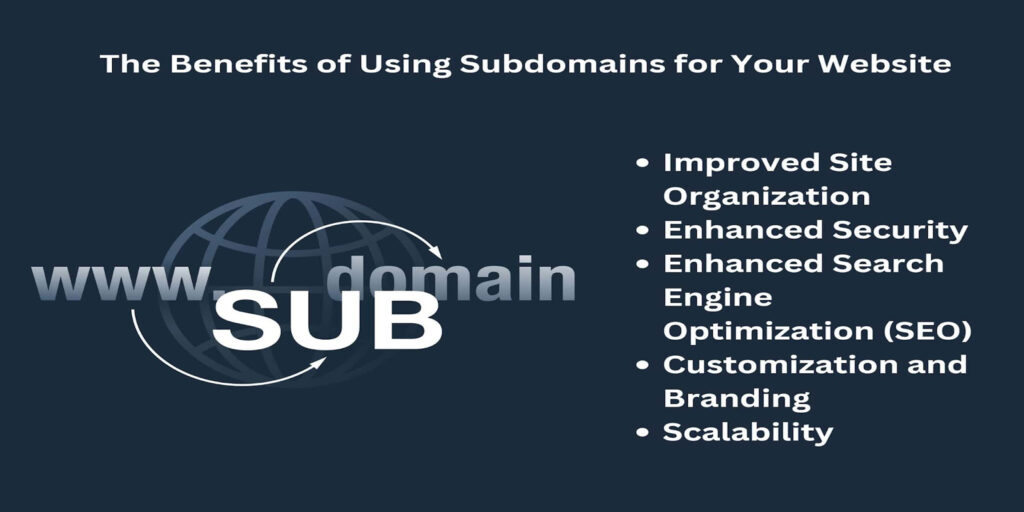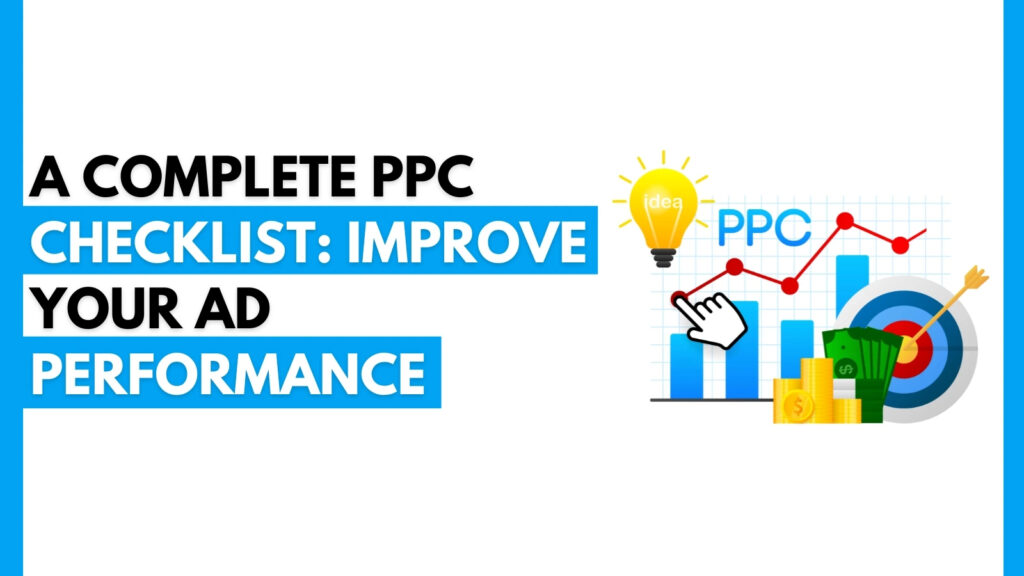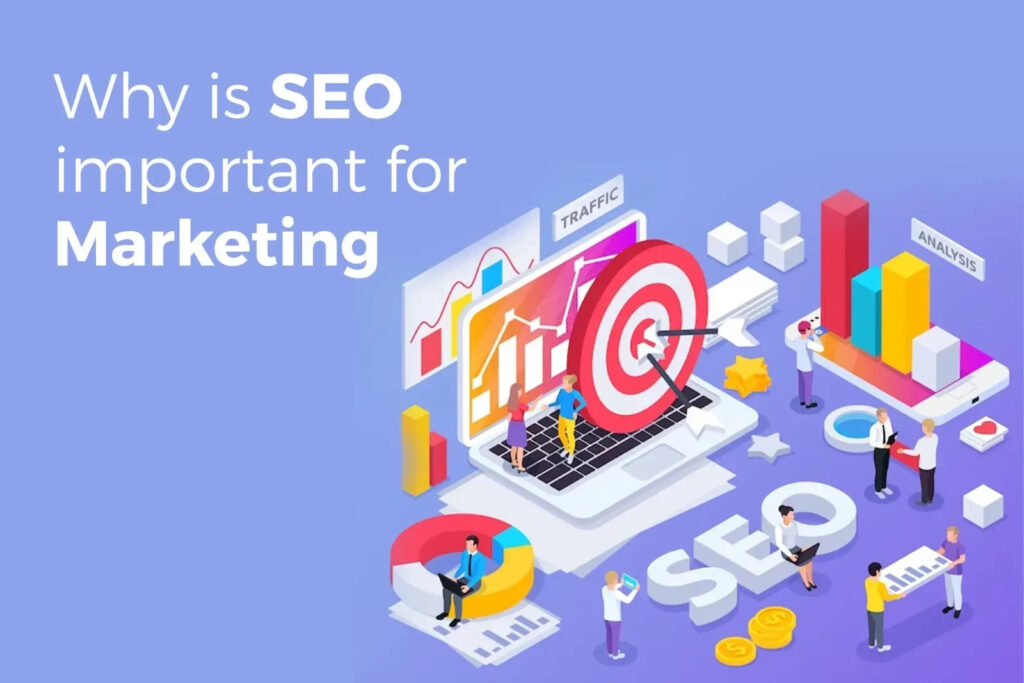In today’s SEO marketing age, businesses are constantly searching for ways to increase their online presence and attract more customers. One of the most effective methods to achieve this is through SEO marketing. But what is SEO marketing, and how can it benefit your business? This guide will answer these questions and provide insights into SEO best practices.
What is SEO Marketing?
SEO marketing, or Search Engine Optimization marketing, is the practice of optimizing a website to improve its visibility on search engines like Google, Bing, and Yahoo. The goal of SEO is to rank higher in search engine results pages (SERPs) for relevant keywords, thereby driving organic (non-paid) traffic to a website.
SEO marketing involves several techniques, including keyword research, on-page SEO, off-page SEO, and technical SEO. By implementing these strategies, businesses can enhance their online presence, improve user experience, and increase conversion rates.
How Does SEO Marketing Work?
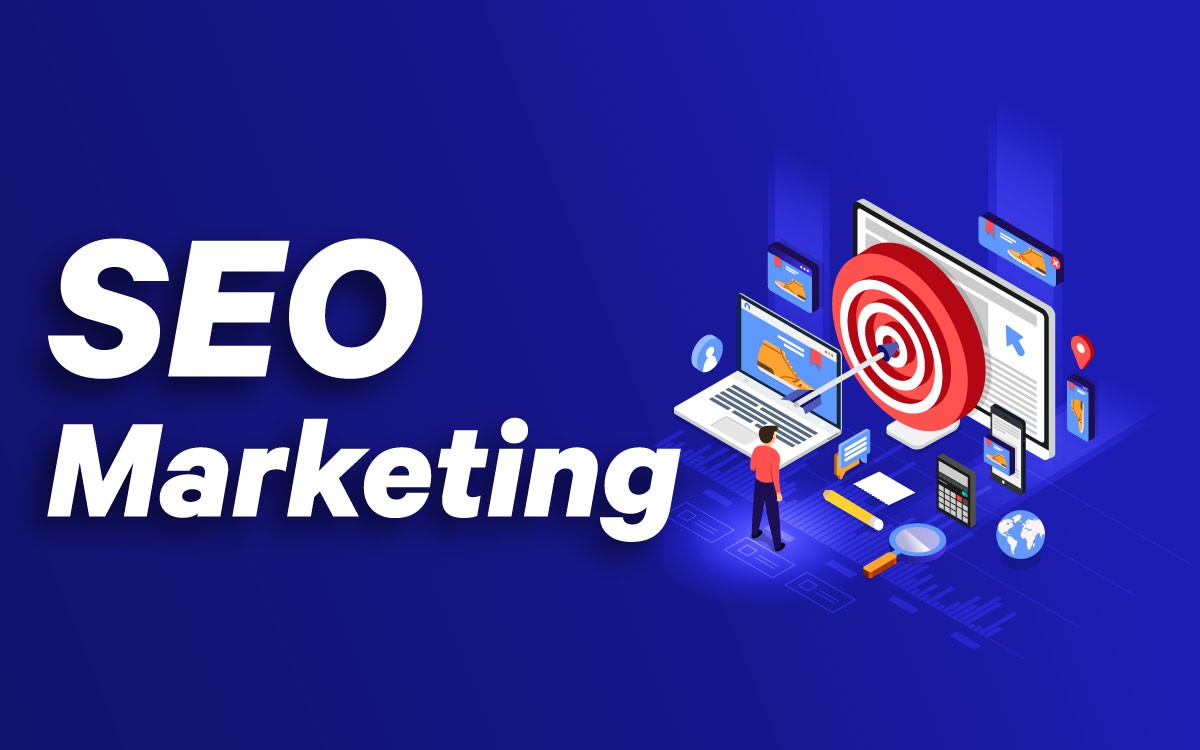
SEO marketing works by aligning a website’s content and structure with search engine algorithms. Here are the key components of a successful SEO strategy:
1. Keyword Research
Identifying the right keywords is crucial for SEO success. Using tools like Google Keyword Planner, Ahrefs, or SEMrush, businesses can find high-traffic, low-competition keywords that their target audience is searching for.
2. On-Page SEO
On-page SEO refers to optimizing individual web pages to rank higher in search results. This includes:
- Title Tags & Meta Descriptions: Adding targeted keywords to the title and meta description.
- Header Tags (H1, H2, H3): Structuring content properly for readability and SEO.
- Image Optimization: Using alt text and compressing images for faster loading speeds.
- Internal Linking: Linking to other pages within the website for better navigation.
3. Off-Page SEO
Off-page SEO focuses on activities outside of your website to improve its ranking. This includes:
- Link Building: Acquiring high-quality backlinks from reputable websites.
- Social Media Marketing: Promoting content on social platforms to increase engagement.
- Guest Blogging: Writing articles for other websites to gain exposure and backlinks.
4. Technical SEO
Technical SEO ensures that a website meets search engine requirements for crawling and indexing. Key aspects include:
- Website Speed Optimization: Faster-loading pages enhance user experience and rankings.
- Mobile-Friendliness: Ensuring the site is responsive on all devices.
- Secure Website (SSL Certificate): HTTPS security improves trust and ranking.
Benefits of SEO Marketing
Implementing a strong SEO strategy offers numerous benefits:
- Increased Website Traffic: Higher rankings lead to more organic traffic.
- Better User Experience: SEO improves site speed, navigation, and readability.
- Higher Conversion Rates: Targeted visitors are more likely to convert into customers.
- Cost-Effective Marketing: Unlike paid ads, organic SEO provides long-term results without recurring costs.
- Brand Authority & Credibility: Ranking high on Google builds trust with users.
Frequently Asked Questions (FAQs)
1. What is the difference between SEO and SEM?
SEO (Search Engine Optimization) focuses on organic search rankings, while SEM (Search Engine Marketing) includes paid search strategies like Google Ads.
2. How long does it take to see SEO results?
SEO is a long-term strategy, and results typically take 3-6 months to become noticeable, depending on competition and website optimization.
3. Is SEO better than paid advertising?
Both SEO and paid ads have their advantages. SEO is cost-effective and provides long-term results, while paid ads deliver immediate traffic but require ongoing investment.
4. Can I do SEO myself?
Yes, beginners can implement basic SEO techniques like keyword research, content optimization, and link building. However, for advanced strategies, hiring an SEO expert may be beneficial.
5. What are the best SEO tools?
Popular SEO tools include Google Search Console, Ahrefs, SEMrush, Moz, and Yoast SEO for WordPress users.
Conclusion
SEO marketing is a powerful strategy for businesses looking to enhance their online visibility, attract targeted traffic, and increase conversions. By implementing keyword research, on-page SEO, off-page SEO, and technical SEO, businesses can stay ahead of the competition and achieve sustainable growth.
If you’re new to SEO, start by optimizing your website’s content and structure, then expand to link building and technical SEO. Over time, you’ll see significant improvements in your website’s search rankings and traffic.
Looking for professional SEO services? Contact us today to boost your website’s ranking and grow your business!

